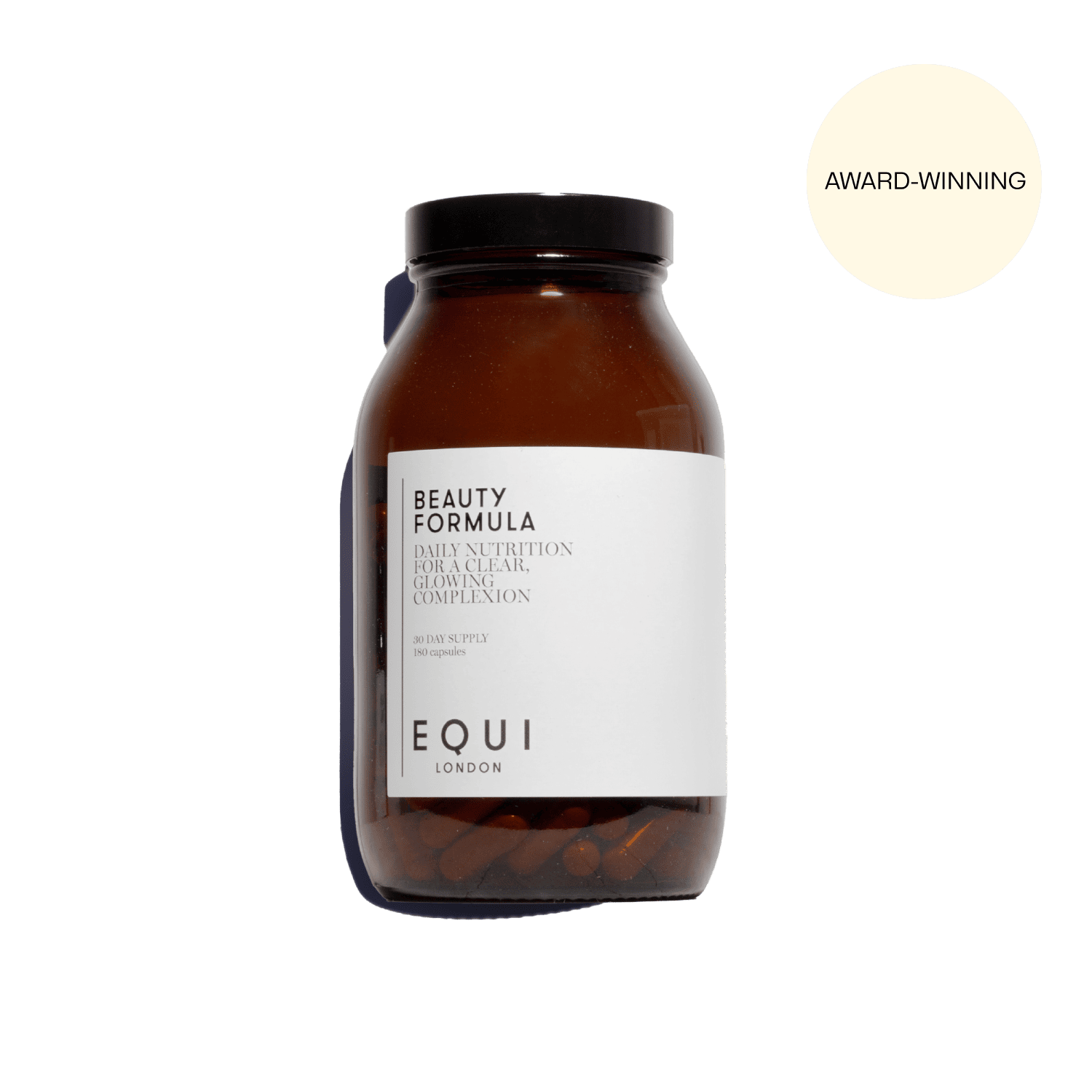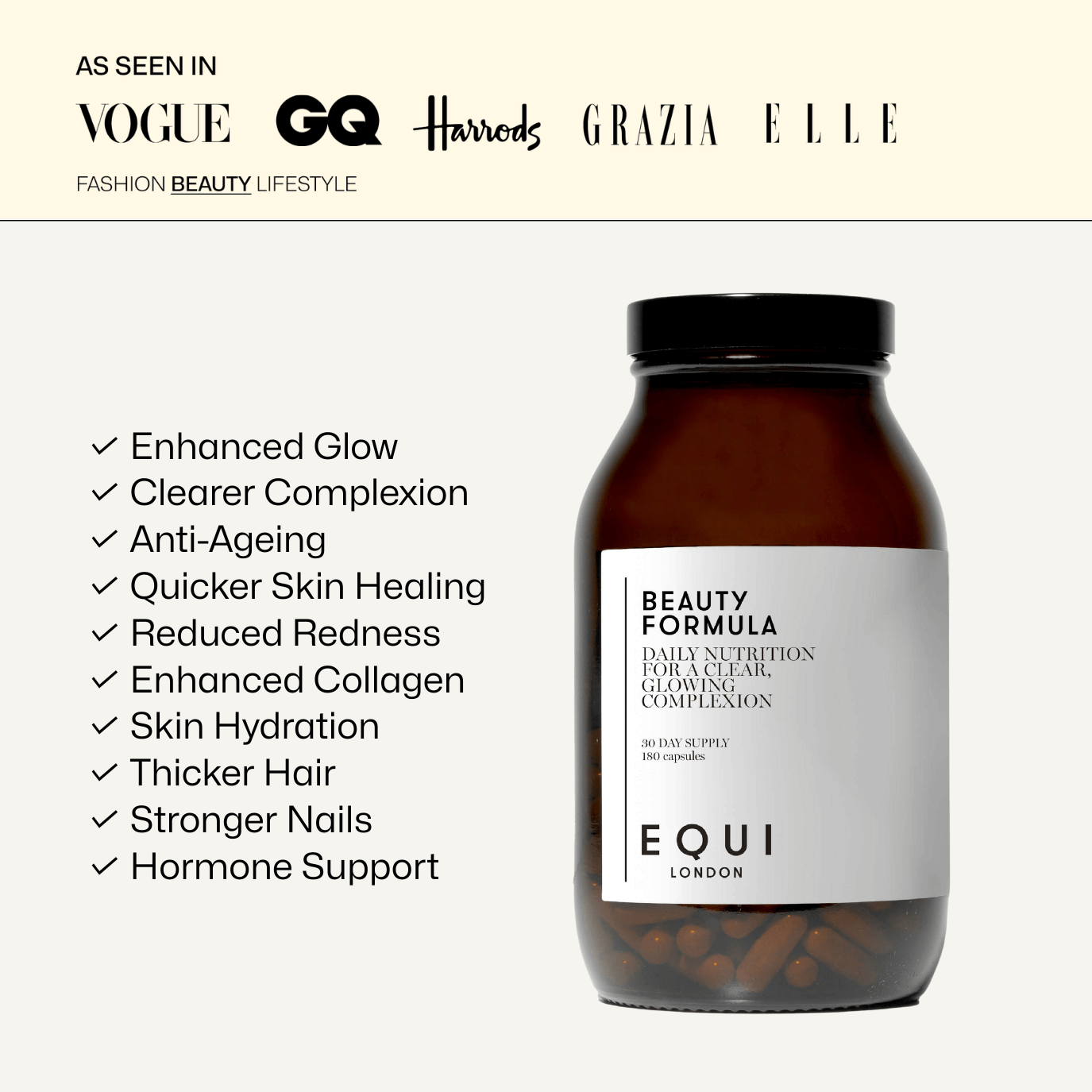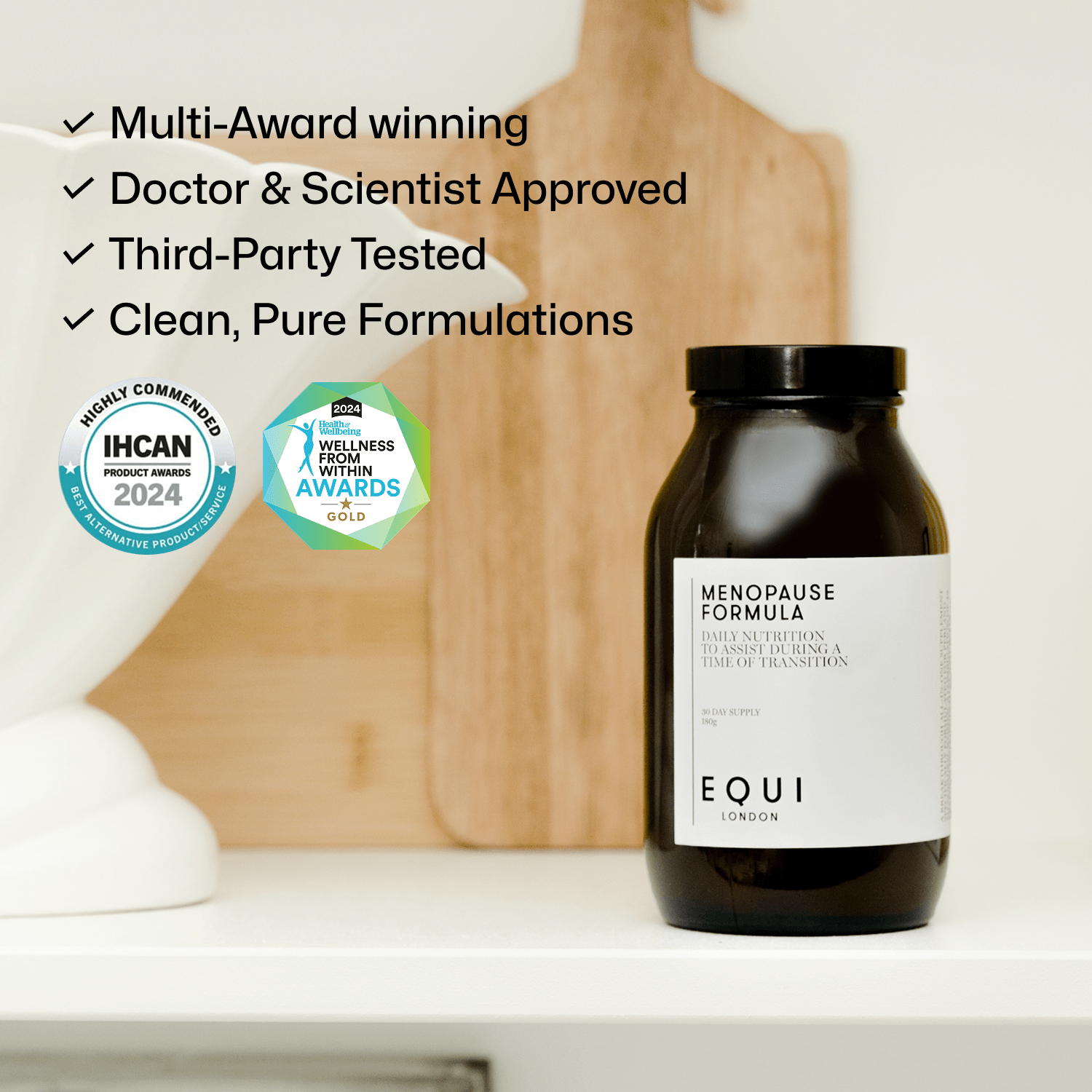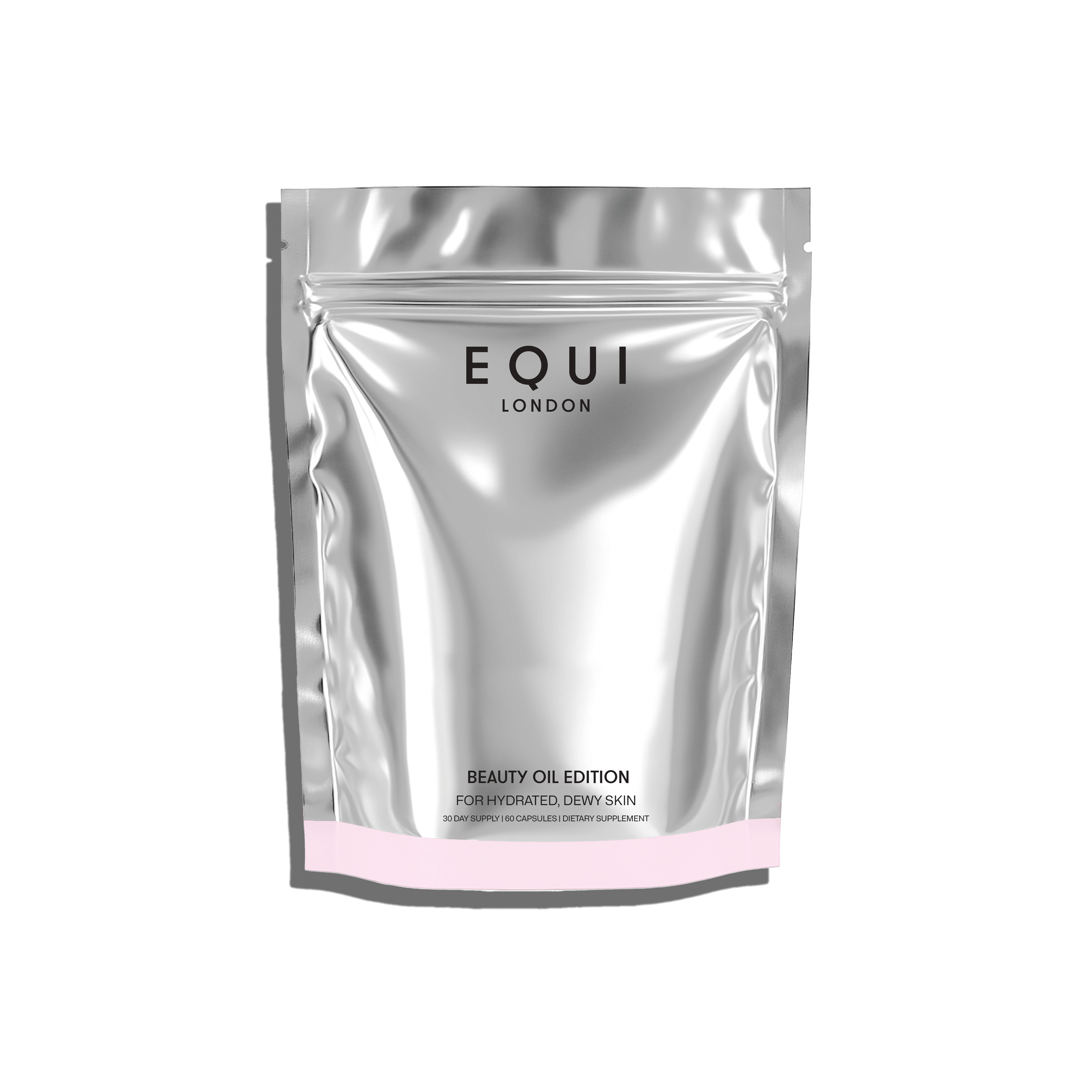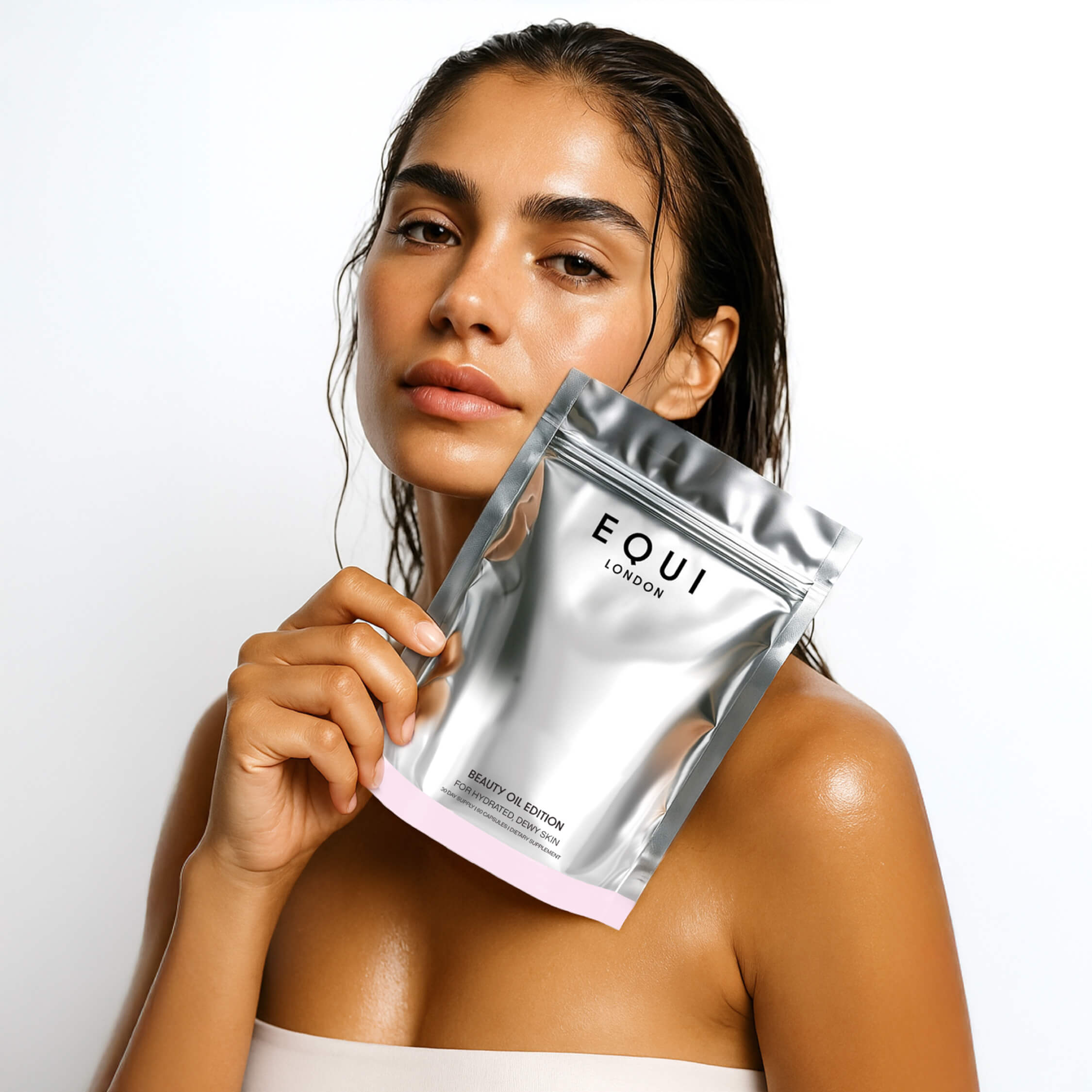
No matter where you are this summer, protecting your skin from the sun is critical to help discourage premature ageing, brown spots and pigmentation as well as more serious skin issues. This week we take a close look at how our sun really affects your skin and some of the best ways you can look after it for a radiant glow… including sun protection supplements
What Effects Does The Sun Actually Have On Our Skin?
We are all aware that the sun poses a huge threat to our skin, but why exactly is this? “Besides the direct effect of tanning or burning from UVB rays, UVA rays penetrate even deeper causing not only inflammation and collagen and elastic glycation, but also dilated capillaries too,” explains Pam Marshall, clinical aesthetician and co-founder of London based clinic, Mortar & Milk. “UVA does not trigger the production of new melanin (natural pigment in our skin) but instead darkens existing melanin in your skin,” she adds. This is why you’ll find your skin tone is often more uneven throughout the summer months and dark spots often arise.
“UVB rays are short and aggressive. They cause free radical damage which leads to cell mutation, which can be dangerous for our health long term. Meanwhile UVA penetrates up to 30 or 40 times deeper than UVB and can travel through clouds, glass and even light clothing. This means it's hitting our skin even on cloudy days - and yes that includes winter months too.” In short, the sun impacts the health of your skin cells causing them to prematurely age and as a result, fine lines, wrinkles and pigmentation are more likely to occur.
Always Wear An SPF
The damaging effects on the sun can be easily prevented by wearing a good quality SPF every day - not just in the summer months. “I always advise wearing a broad spectrum protector every single day and one with no less than SPF 30,” says Pam. “The weather should never matter as both UVA and UVB rays can pass through the clouds.” Yes, even on those grey days, your skin still needs shielding. SPF should be the final step in your skincare routine and be applied before your makeup. We love La Roche Posay Anthelios range as it works really well under make up.
Keep in mind that you need to use a good amount of SPF - around a 50p piece worth, to get proper coverage. Make sure it is a UVA/UVB and aim for products that are specific SPFs, not just moisturisers with SPF added.
You should also re-apply throughout the day as it wears off. We like to spritz Decree Skincare's Daily SPF Shield over makeup, or Kate Somervile's UncompliKated spf 50.
Consider Supplementation
If you’re really looking to boost skin health and achieve your healthiest ever skin, trying a high-quality sun protection supplement is a great way to support and repair your skin from the inside. “Our new Glow Edition capsules are packed with phytonutrients, vitamins, minerals and antioxidants to not only boost your skin’s resilience, but also enhance radiance” says Alice Mackintosh, Equi’s in-house nutritionist, who developed the products.
“Glow Edition is really great for anyone looking to get that healthy glow but are especially beneficial to those who are suffer with premature ageing, or dark spots from sun damage,” she adds. “We chose to use Lycopene which has been shown to protect skin against UV damage, as well as Opti-MSM® (a super-pure and well-researched form of ‘methyl-sulfonyl-methane' - a plant based sulphur-rich compound. MSM is supportive of the skin because it helps to create elastin and collagen, which are fundamental for giving your skin that supple and plump look. Another key ingredient is pine bark which contains special antioxidants that may help to combat discoloration and patchy brown spots."
Another good choice for sun exposed and dehydrated summer skin, is our Beauty Oil Edition which can help to soothe stressed-out skin by hydrating and plumping. You’ll notice visibly healthier skin thanks to the nutrient-rich formula of omega 3 from krill, which is naturally rich in choline, astaxanthin, EPA and DHA.
Keep Hydrated
Undeniably one of the best things you can do for your skin all year round is to drink plenty of water. “Internal hydration as well as topical hydration will help to keep your collagen and elastic structure healthy,” advises Pam. “We live in an age where we are constantly dealing with environmental factors such as UV exposure, pollution and stress and we often create our own dehydration by overusing products which can impair our barrier function and cause trans-epidermal water loss or evaporation. Because of all of these factors, we need to keep hydration levels up to protect our skin,” she adds. We’d suggest at least 6-8 glasses a day but even more on a warm day.
Use Vitamin C In Your Skincare
When it comes to brightening your skin and getting ‘that glow’, there’s no better ingredient than vitamin C. “Vitamin C at the right pH and percentage can penetrate the skin and help to reduce pigmentation,” says Pam. This means you can expect a complexion that’s much more even in tone and generally more radiant too. As it’s a powerful antioxidant, it also works wonders for protecting your skin against free radical damage and helps to reduce inflammation too which is also beneficial for long-term skin health.
Try Faking A Glow
Another great way of getting that summer glow is with a good self-tanner. With so many innovative formulas on the market, gone are the days of streaky and orange-looking tanning disasters. Our top tip would be to opt for a gradual formula so there’s no room for error and you can build a natural-looking colour over a few days.
Pamela Marshall is a Level 4 Clinical Aesthetician with qualifications in both the US and UK and the co-founder on London based clinic, Mortar & Milk. She is an expert in the science of skin and we loved having her contribute to this piece.
Disclaimer: Certain supplements are used for different reasons and a one-size-fits-all approach shouldn’t be adopted. In addition, pregnant women and anyone on medication should always consult a doctor before embarking on a supplements programme. As with all articles on www.equilondon.com, this is no substitution for individual medical or nutritional advice.
